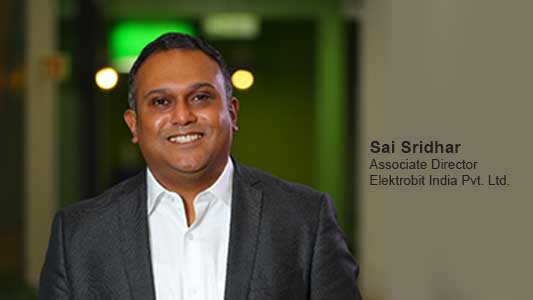The automotive industry is undergoing a significant transformation as it merges with other sectors to shape the future of mobility. This convergence has created a pressing need for highly skilled professionals to navigate the complexities and changes within the industry. From data scientists to embedded software engineers, experts in various domains are in high demand to develop the software blueprint for self-driving vehicles and tackle the challenges associated with in-car infotainment, entertainment, and cockpit systems. Additionally, proficiency in digital literacy and validation and verification skills are becoming increasingly vital in this rapidly evolving landscape.
Data Scientists, Cloud Architects, and UX/UI Specialists
As the automotive industry increasingly relies on data-driven technologies, the demand for data scientists, cloud architects, and user experience/user interface (UX/UI) specialists has surged. These professionals play a crucial role in developing software solutions for SDVs, enabling advanced functionalities and ensuring a seamless user experience. These professionals use their expertise in data analytics, cloud computing, and human-centered design principles to create innovative and safe driving experiences. Data scientists analyze vast amounts of data collected by vehicles to derive insights and develop algorithms that improve decision-making capabilities. Cloud architects design scalable and secure cloud infrastructure to handle the massive influx of data from connected vehicles. UX/UI specialists focus on designing intuitive interfaces that enhance user interaction, thus providing a seamless and engaging experience for drivers and passengers.
Complex In-car Infotainment and Cockpit Systems
In-car infotainment, entertainment, and cockpit systems have become central components of modern vehicles. However, these systems are becoming increasingly complex and sophisticated, requiring developers with expertise in seamless application development. Professionals skilled in both vehicle-level and cloud-based application development are essential to integrate and manage core software components such as operating systems, hypervisors, and middleware solutions. Their role is to ensure efficient communication and application management within the vehicle’s ecosystem. They are responsible for developing robust and reliable software architectures that enable seamless connectivity, entertainment, and user interaction while adhering to stringent safety standards. By leveraging their expertise, these developers can create innovative in-car experiences that cater to the evolving demands of consumers.
Deep “Digital Literacy”
As the automotive industry embraces digital transformation, professionals with deep “digital literacy” are in high demand. This deep literacy encompasses an understanding of new development methodologies employed in virtual environments and working with concepts like digital twins. Expertise in these areas allows developers to adapt to agile software development practices, collaborate effectively in virtual teams, and navigate the complexities of virtual prototyping and simulation. Digital literacy is crucial in bridging the gap between traditional automotive engineering practices and the digital realm. It enables professionals to leverage digital tools and technologies effectively, ensuring efficient software development, testing, and deployment processes. Professionals with deep digital literacy can explore innovative solutions, optimize software performance and enhance the overall efficiency of automotive development cycles.
Validation and Verification Skills
Validation and verification are critical aspects of developing software solutions for the automotive industry. Professionals with skills in these areas ensure that the applicable tooling infrastructure follows industry standards and complies with safety regulations. This expertise is particularly important when dealing with the right side of the V model, which focuses on testing, verification, and validation to ensure the reliability and robustness of software systems in vehicles. These professionals develop and implement rigorous testing methodologies including unit testing, integration testing, and system-level testing to identify and rectify software defects. They work closely with engineers from various disciplines to validate software performance and ensure compliance with safety standards and regulatory requirements. Their efforts contribute to building trust in autonomous and connected vehicles by ensuring the reliability and safety of software systems.
Conclusion
The automotive industry’s convergence with other sectors necessitates a diverse range of technical expertise to drive innovation and overcome challenges. From data scientists and cloud architects to UX/UI specialists and embedded software engineers, these professionals are instrumental in creating the software blueprint for self-driving vehicles and managing the complexities of in-car systems. Additionally, deep “digital literacy” and validation and verification skills are crucial in navigating the digital landscape and ensuring the reliability of software solutions. As the automotive industry continues to evolve, the demand for these highly skilled professionals will only increase, emphasizing the importance of investing in talent development and fostering interdisciplinary collaboration within the automotive and technology sectors. By cultivating and harnessing these skills, the automotive industry can advance its technological capabilities, deliver cutting-edge mobility solutions, and shape the future of transportation.












